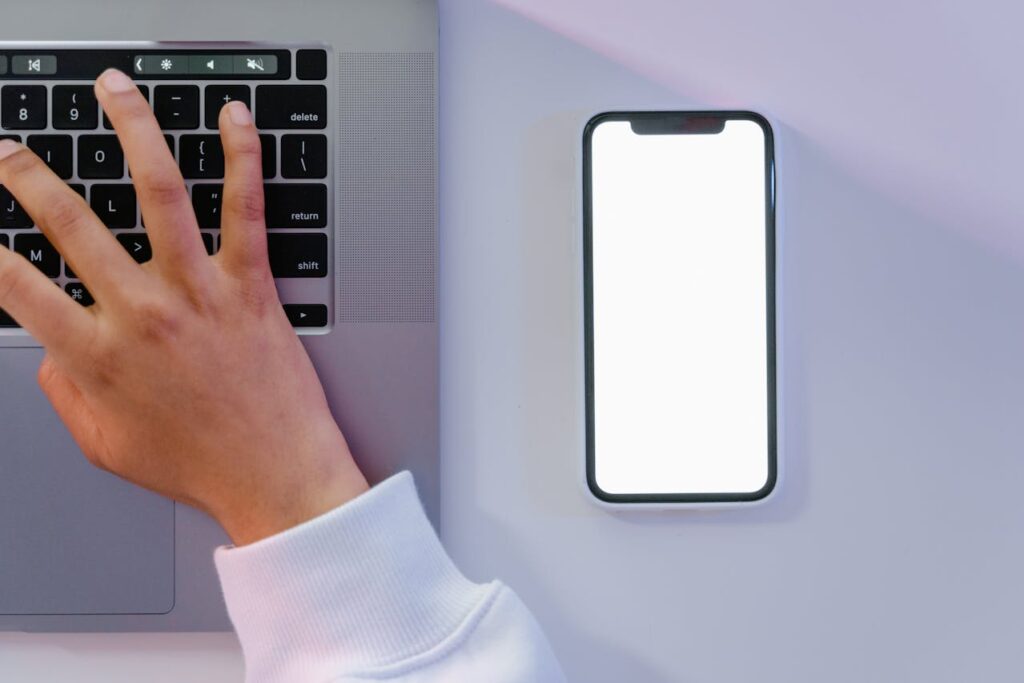How IoT Reduces Utility Bills in Affordable Housing: Smart Water and Energy Systems
The soaring costs of utilities create a substantial problem for affordable housing community residents.
Affordable housing families experience excessive pressure from their high water and energy bills which requires implementation of cost-efficient options immediately.
Utilizing the Internet of Things (IoT) system property managers alongside residents now have improved possibilities to control their utility consumption leading to monetary savings and sustainable outcomes.
Through smart water meters and energy-efficient internet of things devices together with automated monitoring systems residents obtain real-time tracking to reduce waste and achieve better usage.
The following blog shows the potential of IoT-driven water and energy solutions to cut expense charges across affordable housing residences.
Smart Water Systems: Cutting Costs and Reducing Waste
Unnecessary water expenses happen due to leaks combined with poor fixtures and overutilization of water resources which lead to increased water utility bills.
Building smart water management systems with IoT technologies provides real-time monitoring and optimization features for water utilization.
How Smart Water Systems Work
- Internet of things Water Meters monitor individual apartment water use which automatically transmits data immediately to both tenants and property managers.
- The detection sensors allow the monitoring of tiny leaks and generate warning signals before they result in elevated bills or infrastructure damage.
- The automated shut off valve feature triggers device activation to close the water supply when major leaks occur thus stopping unnecessary water loss.
Benefits of Smart Water Systems
- Through this system homeowners experience reduced water expenses because they both prevent unnecessary water usage and promote consumption responsibility.
- Smart detection systems help both control water bills and minimize both repair expenses and property water damage by reporting leaks before they grow.
- The implementation of water conservation programs enables housing communities to achieve sustainability goals through their initiatives.
Smart Energy Systems: Maximizing Efficiency and Savings
Affordable residential energy usage tends to remain high because buildings contain outdated appliances along with inefficient heating/cooling systems and the absence of real-time system monitoring.
The implementation of IoT-enabled smart energy systems enables precise electricity control that helps cut down costs while minimizing usage waste.
How Smart Energy Systems Work
- Smart Meters allow people to monitor their current power consumption while showing them how they use electricity during specific time periods.
- Smart Thermostats operate through occupancy-based control which prevents unwanted energy waste.
- Devices such as refrigerators together with HVAC systems and washing machines alter their energy consumption when fed with current information.
- Motion sensors operate Automated Lighting Systems to prevent lights from turning on unless spaces are occupied.
Benefits of Smart Energy Systems
- Smart devices manage energy consumption to decrease electricity bills.
- Smart device-generated automation of temperature settings creates both improved comfort and more efficient operation.
- The Internet of Things enables management of solar power generation systems together with battery storage to unlock additional financial savings on energy costs.

How IoT Creates Smarter, More Affordable Housing
The implementation of Internet of things technology in affordable housing presents advantages which surpass dollar savings on utilities plus it enhances the affordability and sustainability of the housing market.
Smart Community Management
- The tracking system used by property managers allows them to analyze multiple unit utilities for necessary improvements.
- The system identifies emerging inefficiencies in advance to eliminate repair expenses before they became substantial issues.
- Organizations can develop more efficient housing policies because of information gathered from data.
Government and Utility Company Support
- Energy providers and many cities grant financial assistance for users who install smart water and energy systems through their programs.
- The demand response programs enable homes to access reduced electricity rates during timeframes with lower demand.
- The growing trend shows governments providing financial support for IoT sustainability programs in public residences and low-income housing.
The Future of Internet of Things in Affordable Housing: Scaling Smart Solutions
More advanced technology will lead to better access along with price reductions for IoT solutions which will be better suited for affordable housing communities.
Future developments will include:
AI-Driven Energy Optimization
The predictions of machine learning algorithms combined with automatic consumption adjustments will deliver peak cost-saving results.
Integration with Renewable Energy
Through the management of internet of things related to solar panels with battery storage together with grid interactions renewable energy systems will become usable for low-income housing residents.
Smart Water Recycling Systems
Advanced internet of things systems that recycle grey water and collect rainwater will reduce water expenses and encourage sustainability goals.
City-Wide Smart Housing Initiatives
Government and housing organizations now finance extensive IoT-based smart housing initiatives because they want technology to reach a broad range of income groups.
The acceptance of innovative approaches will turn affordable homes into power-efficient comfortable residences while reducing environmental impact which will create smart living opportunities for society as a whole.
Conclusion
Affordable housing communities can now efficiently regulate their utility bills through the implementation of IoT-powered smart water and energy solutions.
These technologies deliver both financial help to low-income residents in the long term and assist cities in achieving their energy conservation targets through waste reduction and usage optimization and sustainability practices.
More affordable communities will achieve better utility costs through intelligent living systems that benefit environmentally and financially as IoT adoption expands.
FAQs
1. How much can IoT reduce utility bills in affordable housing?
Smart IoT water and energy systems can cut residents’ utility bills by 20-40 percent based on their lifestyle choices and building energy efficiency along with the level of device interconnectivity.
2. Are smart meters and sensors expensive to install?
The costs involved initially in implementing smart solutions are manageable thanks to government and utility provider programs that subsidize or deliver low-cost affordable solutions for low-income housing communities.
3. Does IoT provide any assistance when my apartment operates with outdated home appliances?
Yes! Internet of Things tracking devices become effective in managing energy consumption patterns regardless of outdated appliances in your home.


Very good https://t.ly/tndaA
Thanks.
Very good https://t.ly/tndaA
Thanks.
Very good https://rb.gy/4gq2o4
Thanks.
Good https://rb.gy/4gq2o4
Thanks a lot.
Thanks a lot.
Thanks.
Very good https://rb.gy/4gq2o4
Thanks.
Very good https://rb.gy/4gq2o4
Thanks.
Awesome https://rb.gy/4gq2o4
Thanks.